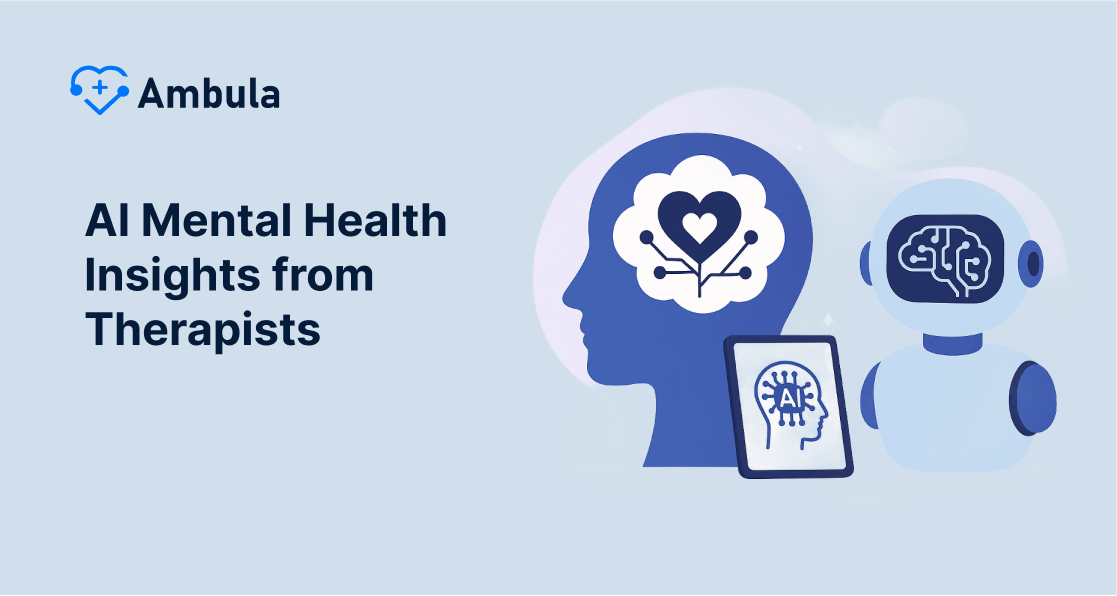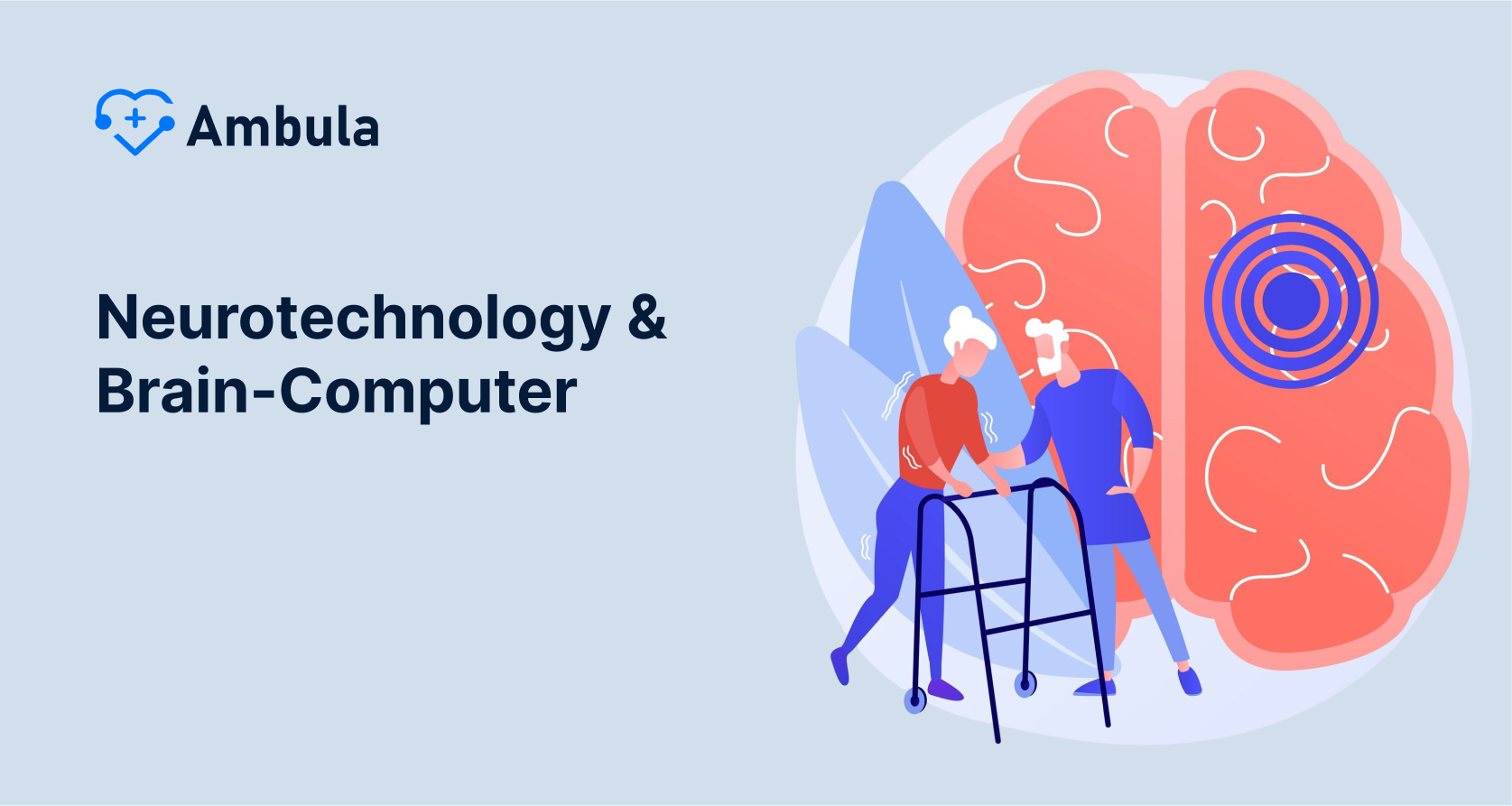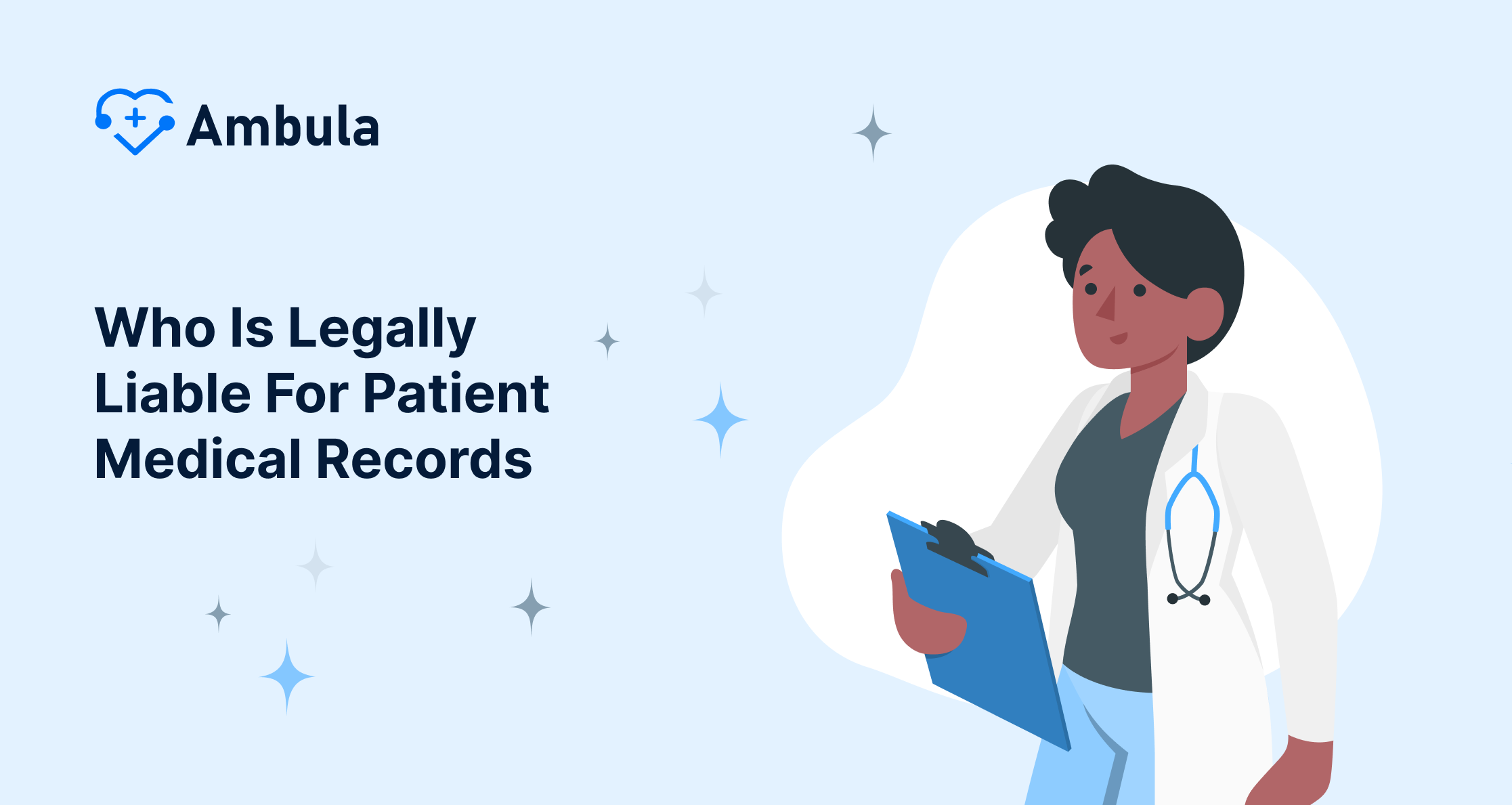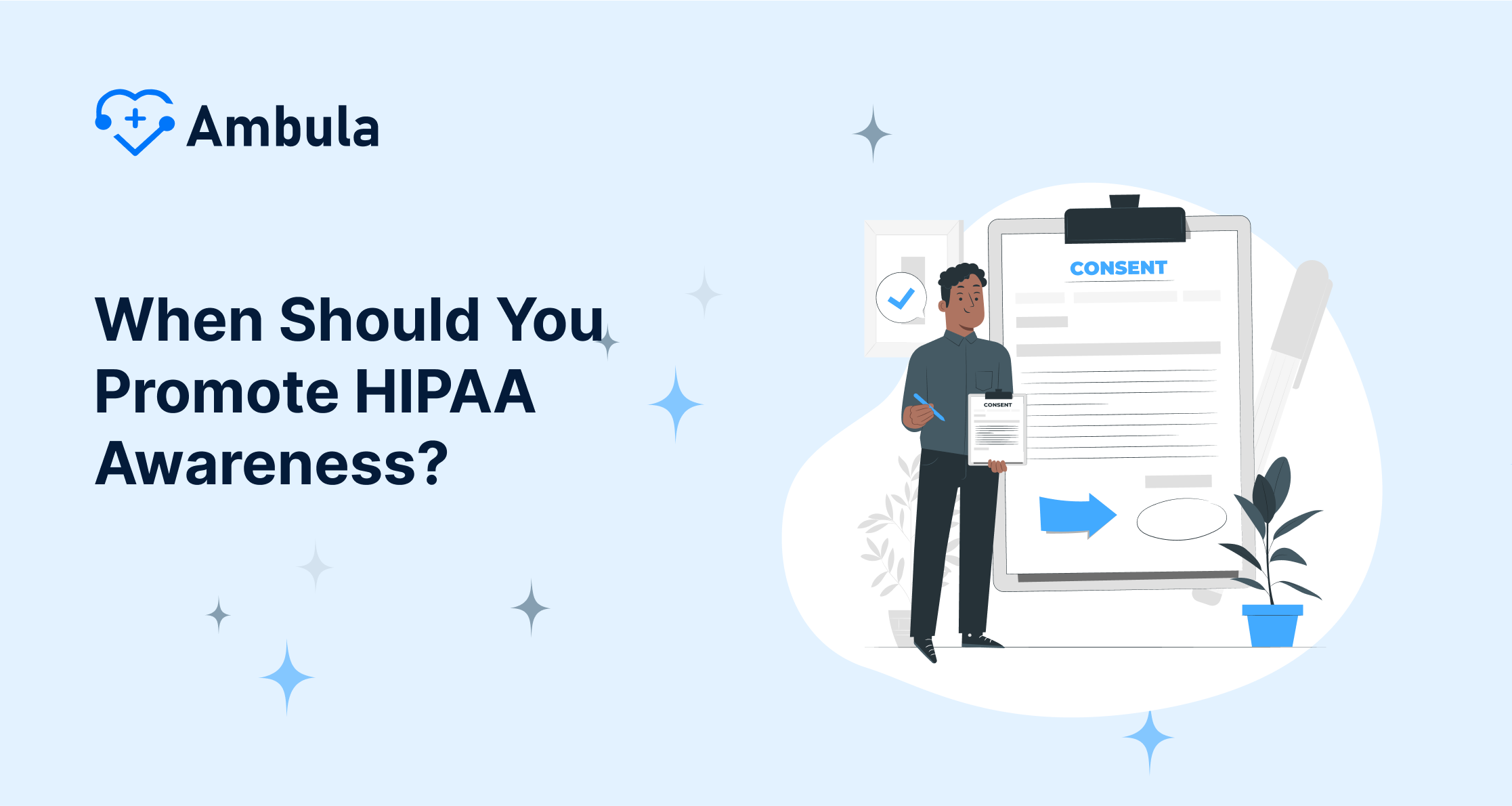
In an era where data is at the heart of most landmarks in global innovation, business analytics is rapidly transforming industries across the board. Among them, healthcare stands out, serving on the frontlines of this data revolution. The critical fusion of business analytics with healthcare promises to pioneer a new epoch in efficient patient care, cost management, data integrity, and overall operational performance. This comprehensive article delves into this fascinating intersection, illuminating the role, benefits, challenges, and prospects of business analytics in healthcare.
Business analytics exploits data to bolster decision-making processes at its core, shifting perspectives from intuition to evidence-based strategies. When applied to healthcare, this data-centric approach forges data-driven findings that can optimize patient outcomes, reduce expenditure, and enhance operational efficiency. This burgeoning synergy between business analytics and healthcare drives a marked shift in health management- marrying the rigor of data insight, predictive modeling, and cognitive computing with empathetic human care.
Table of content
- Understanding Business Analytics in Healthcare
- Role and Benefits of Business Analytics in Healthcare
- Challenges and Future of Business Analytics in Healthcare
- Streamlining Quality Assurance with Business Analytics
- The Intersection of Business Analytics and Health Informatics
- Data Governance in the Usage of Business Analytics
Understanding Business Analytics in Healthcare
Business analytics is a powerful tool that, when applied to the healthcare industry, has the potential to change it radically. Business analytics and healthcare involve utilizing data to inform decisions, implementing effective strategies, managing costs, and optimizing patient care. The burgeoning field mixes data-based decision-making tools with a previously intuition-driven industry.
Incorporating tools from big data, machine learning, and predictive modeling, business analytics in healthcare can interpret the complex patterns and trends hidden within large data pools. This approach increases efficiency and effectiveness by providing meaningful insights such as patterns, correlations, and forecasts which are otherwise difficult to derive. It helps healthcare providers focus their efforts in the right direction, resulting in improved patient care.
The healthcare industry utilizes business analytics to deliver patient-centric care. Healthcare professionals can provide the right treatments at the right time by comprehending patient needs through predictive analytics. Business analytics helps create predictive models based on historical data, better preparing healthcare providers for future trends.
Role and Benefits of Business Analytics in Healthcare
The implementation of business analytics in healthcare has numerous advantages. It improves patient care by providing personalized treatment plans, predicting disease outbreaks, and maintaining the health influx. Costs can be significantly reduced by eliminating unnecessary procedures or tests, optimizing resource use, and preventing avoidable readmissions.
Business analytics also lets healthcare organizations visualize data, making complex information easier to understand. This visualization aids in making informed decisions more quickly and accurately. Moreover, it helps detect and address anomalies in data, reducing the chance of errors and providing a platform for better research and development.
The application of business analytics in healthcare also leads to operational efficiency. Efficient systems result in timely treatments, fewer errors, and improved patient satisfaction. Furthermore, it helps streamline operations, optimize resource allocation, and eliminate waste, making healthcare services more efficient and accessible.
Challenges and Future of Business Analytics in Healthcare
Despite its immense benefits, integrating business analytics in healthcare comes with its own set of challenges. Inconsistencies in data, incomplete information, and security threats pose significant obstacles to extracting useful insights. Furthermore, there’s a significant shortage of skilled data scientists who can efficiently utilize business analytics tools.
Alongside these challenges, data privacy continues to be a significant concern. Ensuring the accessibility of data for the analysts while maintaining the confidentiality of the patients poses a significant challenge. Healthcare organizations need to take extra precautions to secure sensitive patient data and comply with data privacy laws and regulations.
Business analytics is projected to play an even more significant role in healthcare. As the healthcare industry continuously generates mountains of data, the importance of tools capable of interpreting this data becomes ever more vital. Advanced machine learning and artificial intelligence, integrated with sophisticated data analytics tools, will likely improve prediction accuracy, increase operational efficiency, and further personalize patient care, enhancing the healthcare sector’s future.
Streamlining Quality Assurance with Business Analytics
Business analytics provides an instantiation framework to revamp quality assurance in the healthcare landscape. Using an algorithm to analyze treatment patterns helps identify the best practices linked to successful patient outcomes. Thus, facilities can embrace and adapt to innovative methods while phasing out less effective practices.
Moreover, business analytics allows for a thorough overhaul and continuous improvement in process efficiency. It enables healthcare providers to preempt potential bottlenecks or inefficiencies in their service delivery framework, from consultation to post-operative care and enables a streamlined process. This increases the speed and quality of service provision, leading to a higher satisfaction rate.
The Intersection of Business Analytics and Health Informatics
Business analytics and health informatics may seem disparate fields but they share significant synergy. Health informatics focuses on how health information is technically captured, transmitted, and utilized. Business analytics leverages this information to generate key operational and patient insights, driving informed decision-making and strategic planning in healthcare contexts.
For instance, interoperability, or the seamless sharing of patient health information across different platforms, is a key focus of health informatics. Through business analytics, this shared data can be analyzed to reveal disease prevalence patterns or identify areas where healthcare provision can be optimized.
Furthermore, Electronic Health Records (EHRs), a health informatics product, are a veritable gold mine for health data analysts. By mining these data treasures, insights about population health, disease trends, medication issues, and much more can potentially be revealed, contributing to improved healthcare.
Data Governance in the Usage of Business Analytics
Maintaining data privacy continues to be a primary concern in the field of business analytics in healthcare. Organizations must ensure that while health data is analyzed to improve health outcomes, patient information confidentiality is also maintained. Doing so requires robust data governance strategies.
By adhering to strict security protocols, healthcare organizations can minimize the risk of breaches and ensure integrity during data transfer and storage. Additionally, proper data anonymization protocols need to be employed before analysis to safeguard individual patient identities and other sensitive information.
A Final Thought
In the grand spectrum of healthcare management, business analytics have indisputably carved out an influential niche, bringing with it a transformative shift within the industry. As we’ve explored, this potent amalgamation of data-driven insights and healthcare paves the way for better patient outcomes, more efficient management of resources, smarter operational decisions, and an overall heightened quality of care.
The challenges in data inconsistency and handling sensitive patient information undoubtedly persist. However, ongoing technological advancement continues to raise these challenges. The realm of healthcare is expected to resonate with artificial intelligence and machine-learning tools, setting higher bars for data encryption and predictive modeling.
The future of healthcare lies within the paradigm of these analytical frameworks. It is a promising horizon on which data and care providers will work in tandem to cater to each patient’s personalized needs. As healthcare institutions progress towards this horizon, it’s imperative to build a culture of data literacy and secure the sanctity of health data with robust governance.




